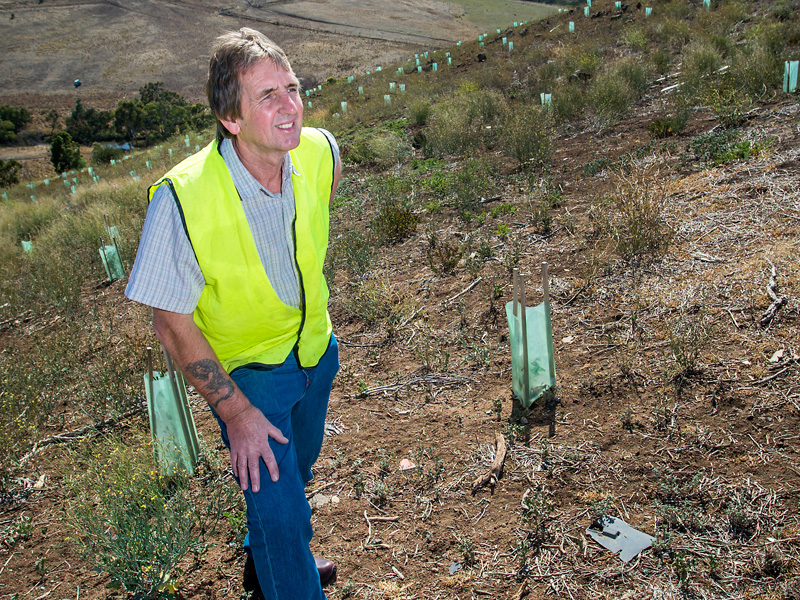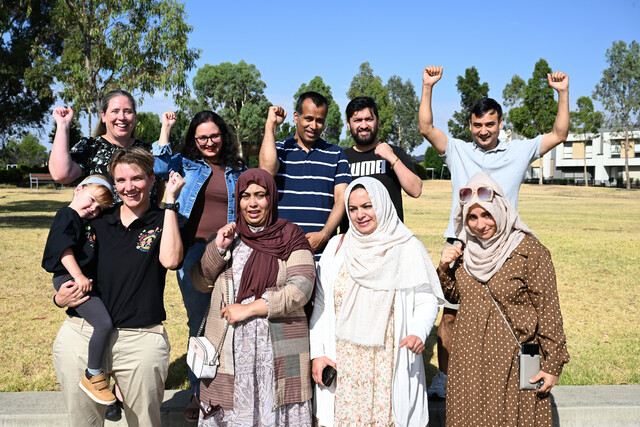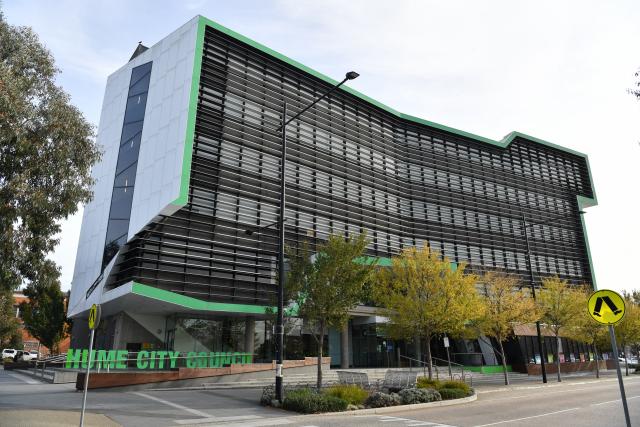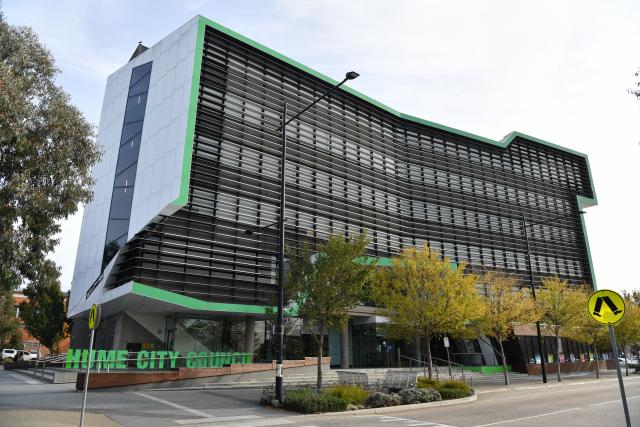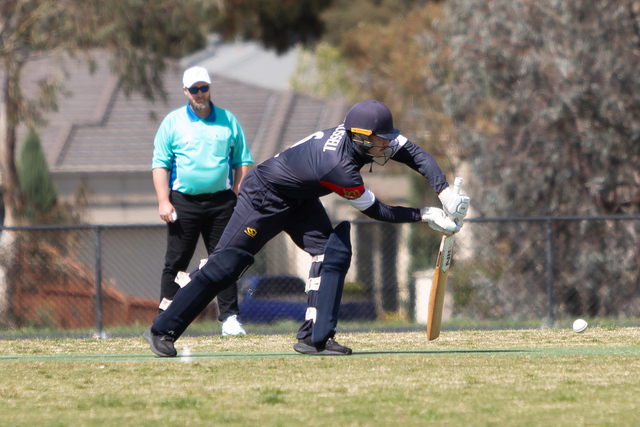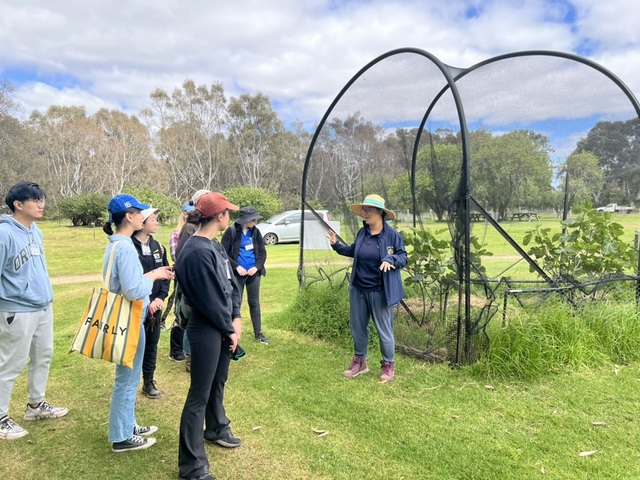Growling grass frog populations at Organ Pipes National Park near Melbourne Airport are expected to surge over the next three years as the planting of shrubs, grasses and 13,000 native trees restores their natural habitat.
Federal funding of more than $67,000 via the 20 Million Trees Program will go towards the revegetation effort at a major escarpment along Jacksons Creek.
Friends of Organ Pipes National Park (FOPNP) officer Ian Taylor said the project would be extremely beneficial for the endangered frog, which is listed as part of the Environment Protection and Biodiversity Conservation Act.
The frogs, sometimes unkindly called the warty swamp frog, were once so abundant that they were used to teach dissection at universities and were fed to the snakes at Melbourne Zoo.
Nowadays, less rain, infectious diseases and the loss and fragmentation of natural habitat have led populations to dwindle.
The frogs’ national conservation status is deemed vulnerable and, under the Victorian Flora and Fauna Guarantee Act 1988, the frog is listed as endangered.
Mr Taylor applied for the 20 Million Trees Program funding to complete the tree-planting project late last year.
News of the groups’ success was met with joy last week among FOPNP volunteers.
Group convener Terry Lane, of Sunbury, said the grant would enable the team of volunteers to step up conservation work in the park.
He said the group has laboured away planting indigenous trees since 1972.
Volunteers will meet this month to determine planting and weeding dates, and to organise greater involvement with local school students.
“We’ve incorporated conservation work into Gilson College’s year 9 ‘learning for life’ program and it will hopefully be incorporated into their curriculum.”
The Linfox tank driver started volunteering in 2004 after his children flew the coop. He is now heavily involved in the national park, not only with revegetation work but also monitoring sugar gliders and micro bats and testing the water quality of Jacksons Creek.
The 20 Million Trees Program will provide $50 million over four years to regenerate parkland across the country.

